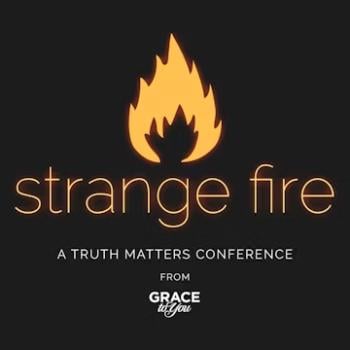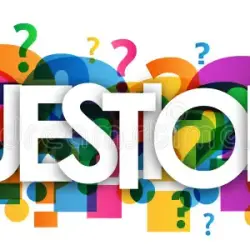This coming fall, I’m teaching a dedicated course on evangelicalism in the United States for the first time. I’ve spent a large portion of my career researching and writing about evangelical Christianity, so this should be an easy task. But I’m having a great deal of difficulty deciding how to structure the course and choose readings. Plus, I’m a bit out of touch with the “pulse” of American evangelicalism, having spent the last several years mostly thinking about the history of Mormonism in the nineteenth-century United States. Thus, I’m looking for advice. My basic model of teaching in upper-level courses is to try to assign good books, which then serve as the basis for class discussions and essays.
It’s also going to be my first semester teaching in a Religious Studies department, so I’m debating the extent to which the course should focus on the history of evangelicalism as opposed to its contemporary (or recent) manifestations within American culture. I presume that I will have some evangelical students in the class, and I also presume that most non-evangelical students will have negative preconceptions about evangelicalism. One of my goals is to help all students come to understand that American evangelicalism is and has always been more complex and diverse than they imagine.
I’ll probably begin with the very thorny definition of how to define evangelicalism, taking David Bebbington’s “quadrilateral” as a starting point (conversionism, activism, biblicism, and crucicentrism). This is also a good time to raise other sorts of foundational questions. Does “evangelical” in the United States mean “white evangelical,” or can we look across racial boundaries to shared theologies and missions?
I’m considering using either Randall Balmer’s brief The Making of Evangelicalism or Barry Hankins’s American Evangelicals as a textbook for the course.
Then I’ll get to pick perhaps four books, and with them, four topics for the semester. If I’m going to include any historical topic as a focus, I think it will be the awakenings of the mid-eighteenth century. I’m a great admirer of our Thomas Kidd’s The Great Awakening, primarily because it would quickly inform students that none of the diverse group of evangelicals in his book closely resemble American evangelicals today. As an alternative starting point, I like Jon Sensbach’s Rebecca’s Revival. Its context is the Dutch Caribbean and Continental Europe, which is a bit of a problem given the geographic presumptions of the course. However, the racial diversity and tensions within Moravian pietism/evangelicalism Sensbach explores correlate rather well to the experiences of white and black evangelicalism in what became the United States.
Beyond one of those as a starting point, I’ve been very indecisive. Some of the books under consideration (there are many, many books on American evangelicalism that I admire and have enjoyed reading that I’m not considering for reasons of length, complexity, etc.):
– James Ault, Spirit and Flesh
– Edward Larson, Summer for the Gods
– Matthew Sutton, Aimee Semple McPherson
– Jon Shields, The Democratic Virtues of the Christian Right
– Anthea Butler, Women in the Church of God in Christ
– T.M. Luhrmann, When God Talks Back
I’ve also considered using novels, such as Shirley Nelson’s The Last Year of the War (loved it when I read it in graduate school). I wouldn’t mind assigning an evangelical bestseller such as Rick Warren’s The Purpose-Driven Life, but I’m not exactly certain how to adapt it for classroom use.
Finally, I want to think about other ways for students to “experience” American evangelicalism. They should listen to some Larry Norman (being an extremely unhip professor, I just discovered Norman by way of Darren Dochuk’s From Bible Belt to Sunbelt), which is also a good way to introduce evangelical apocalypticism. If I could identify a good venue for it in northern Virginia, I’d like to have the class attend an evangelical worship service, with perhaps a heavy dose of Joel Osteen for those disinclined to attend in person.
I would be grateful for any suggestions. What books on evangelicalism do you think would be helpful for my students? Any creative pedagogical ideas? What do you think students should come away knowing about American evangelicalism?












